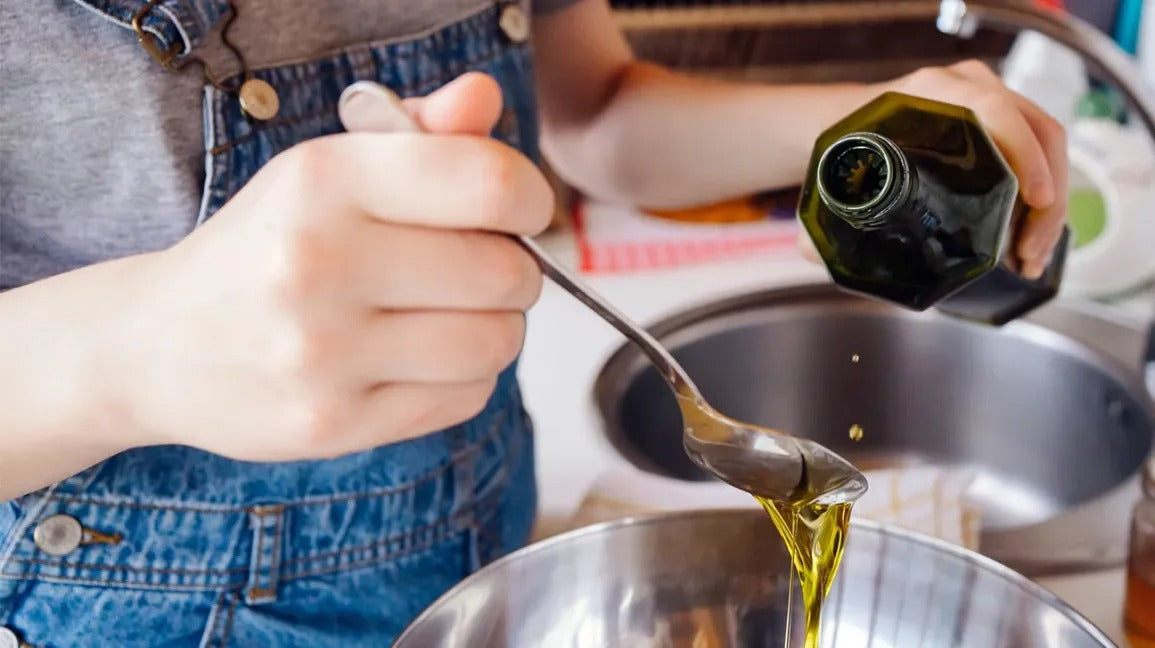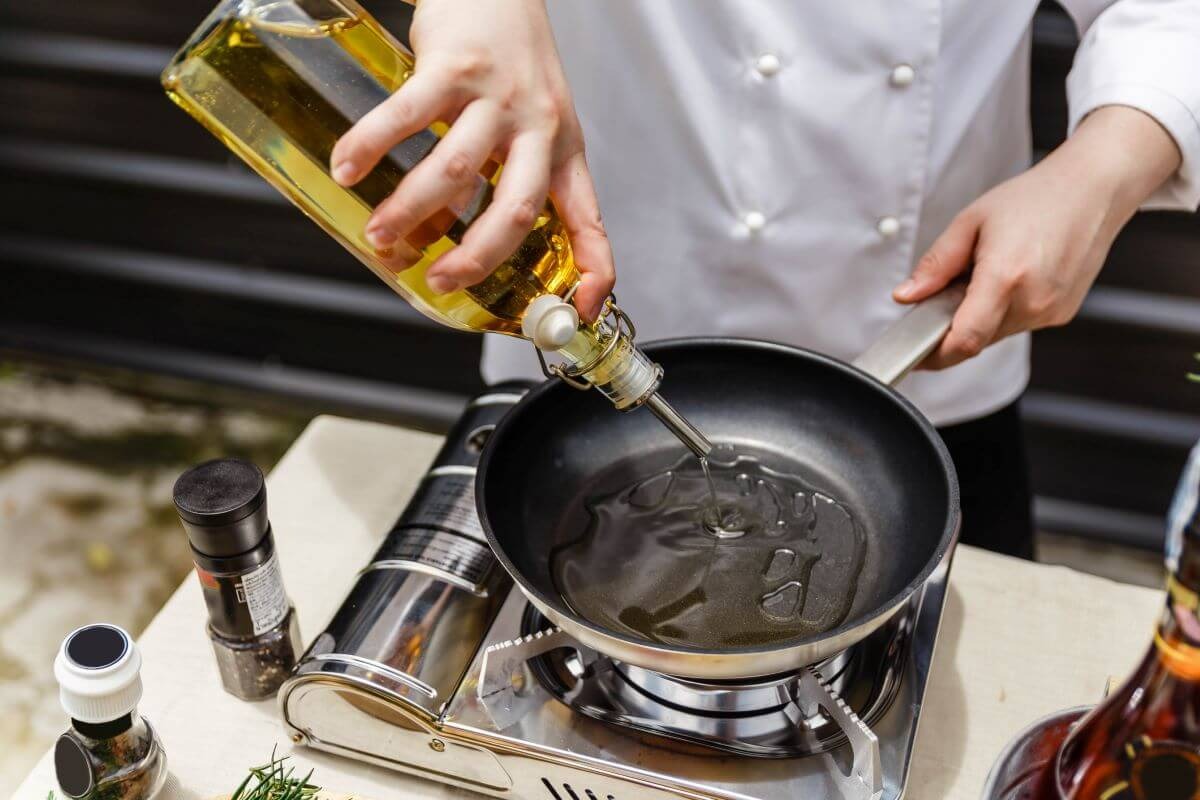Peanut oil is a staple in many kitchens, especially for those who are passionate about frying, sauting, and creating delicious dishes. However, like all cooking oils, peanut oil has a shelf life, and it is vital to know when it has gone bad to ensure food safety and maintain the quality of your meals. In this article, we will explore the key signs that indicate peanut oil has gone bad and share valuable tips on proper storage to extend its shelf life.

Understanding the Shelf Life of Peanut Oil
The first step in determining whether your peanut oil has gone bad is to understand its shelf life. Unopened peanut oil can last for up to two years if stored in a cool, dark place. Once opened, peanut oil has a shorter shelf life, typically around six months to a year, depending on storage conditions. Factors such as exposure to light, heat, and air can accelerate the degradation process, making it essential to store peanut oil properly.
Signs That Your Peanut Oil Has Gone Bad
1. Changes in Color
Fresh peanut oil is usually light golden in color, and any significant change in color can be a sign that it has gone bad. If the oil turns dark brown or has a cloudy appearance, it is likely that the oil has oxidized and is no longer safe to use.
2. Off Odors
One of the most telling signs that peanut oil has gone bad is a change in its smell. Fresh peanut oil has a mild, nutty aroma. However, if the oil emits a rancid, sour, or off-putting odor, it has likely gone bad and should be discarded. Trust your sense of smell, as it is a reliable indicator of the oil's freshness.
3. Unpleasant Taste
While you may not want to taste potentially bad oil, it is another method to confirm its freshness. Fresh peanut oil has a mild, slightly nutty flavor. If the oil tastes bitter, sour, or has an unpleasant aftertaste, it is a clear sign that it is no longer good to use.
4. Presence of Sediments
Another indicator that your peanut oil has gone bad is the presence of sediments or particles at the bottom of the container. While some settling may occur over time, excessive or unusual sediment is a sign of spoilage and should not be ignored.

Tips for Proper Storage of Peanut Oil
1. Store in a Cool, Dark Place
To extend the shelf life of your peanut oil, store it in a cool, dark place, such as a pantry or a cupboard away from direct sunlight and heat sources. Exposure to light and heat can accelerate the oxidation process, causing the oil to go bad more quickly.
2. Use Airtight Containers
Once you have opened a bottle of peanut oil, it is essential to keep it in an airtight container to minimize exposure to air. Oxygen is one of the primary culprits in the degradation of oils, so reducing air exposure can help maintain the oil's freshness for longer.
3. Refrigeration
While peanut oil does not typically need to be refrigerated, doing so can extend its shelf life, especially in warmer climates. If you choose to refrigerate your peanut oil, be aware that it may become cloudy and thicker due to the cold temperature. However, this does not affect the quality of the oil and will return to its normal consistency when brought back to room temperature.
FAQs About Peanut Oil
Q: Can I still use peanut oil if it has a slight off smell?
A: If your peanut oil has a slight off smell, it is best to err on the side of caution and discard it. Using rancid oil can negatively affect the flavor of your dishes and may have potential health risks.
Q: Is it safe to use peanut oil after the expiration date?
A: The expiration date on peanut oil is an estimate of its peak quality. While it may still be safe to use a short time after this date if stored properly, always check for signs of spoilage such as changes in color, smell, and taste before use.
Q: How can I prevent my peanut oil from going bad quickly?
A: To prevent peanut oil from going bad quickly, store it in a cool, dark place, use airtight containers, and consider refrigerating it if you live in a warmer climate. Following these storage tips will help maintain the oil's freshness for a more extended period.
As an Amazon Associate, I earn from qualifying purchases.
For additional guidance on the correct storage and usage of cooking oils, refer to the FoodKeeper App. Additionally, ensure your kitchen is clean for optimal food safety by checking out this guide on cleaning a kitchen.






Leave a comment
This site is protected by hCaptcha and the hCaptcha Privacy Policy and Terms of Service apply.